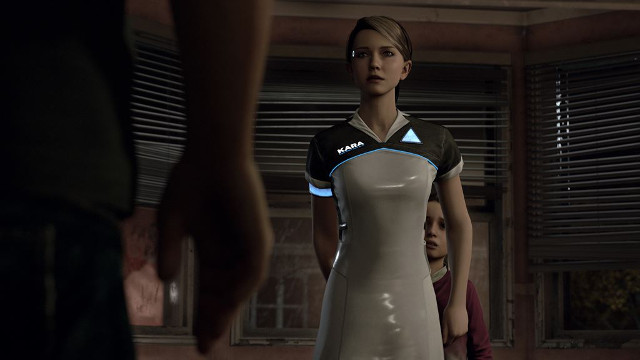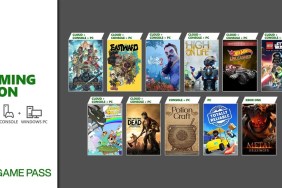Over the decades since the inception of the video game medium, the question of if games contribute to anger or violence has been a hot topic. I’m not here today to argue whether or not that is true, but instead to bring attention to how games can positively influence the gamer.
While playing a recent preview of Detroit: Become Human…











